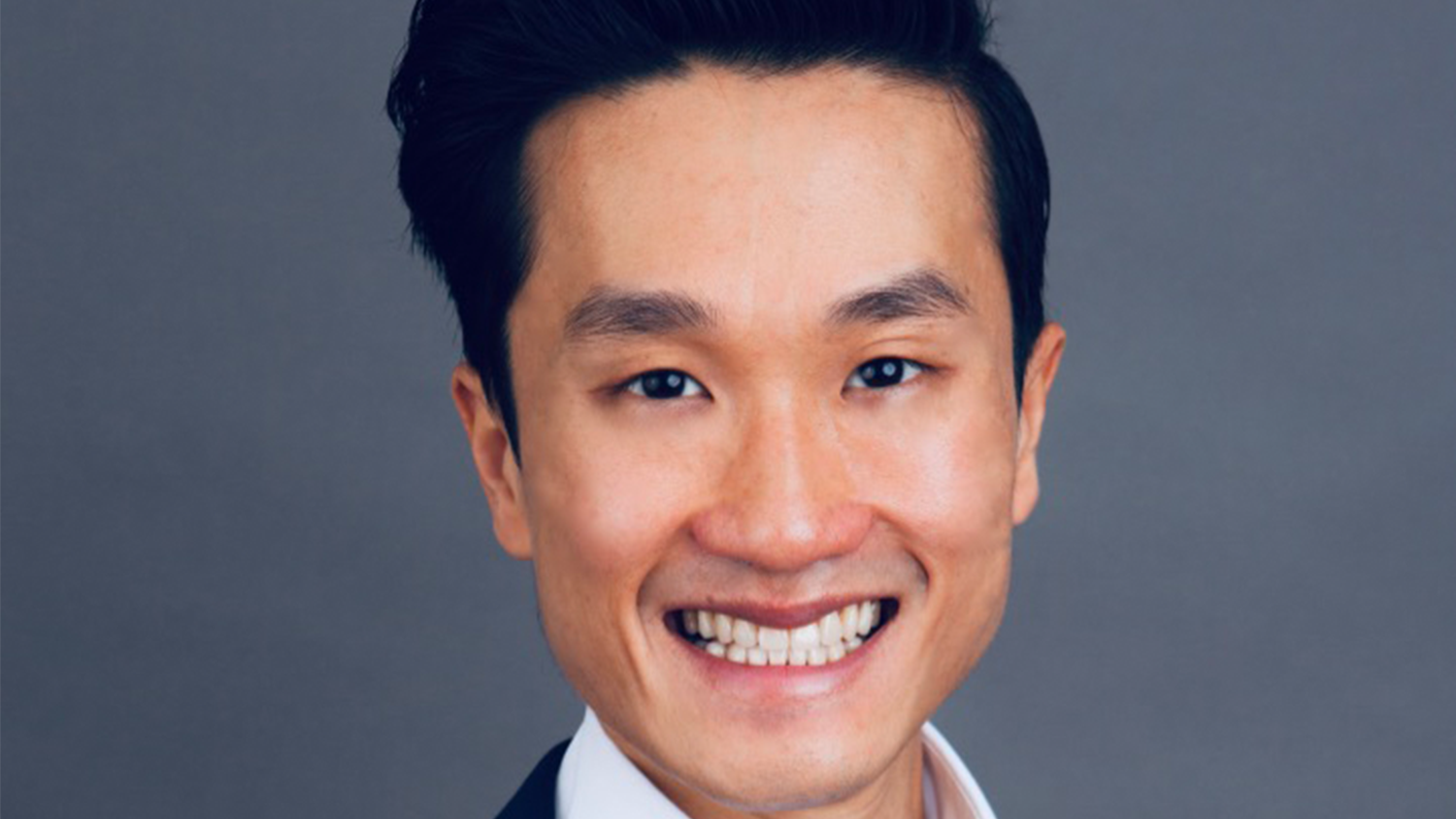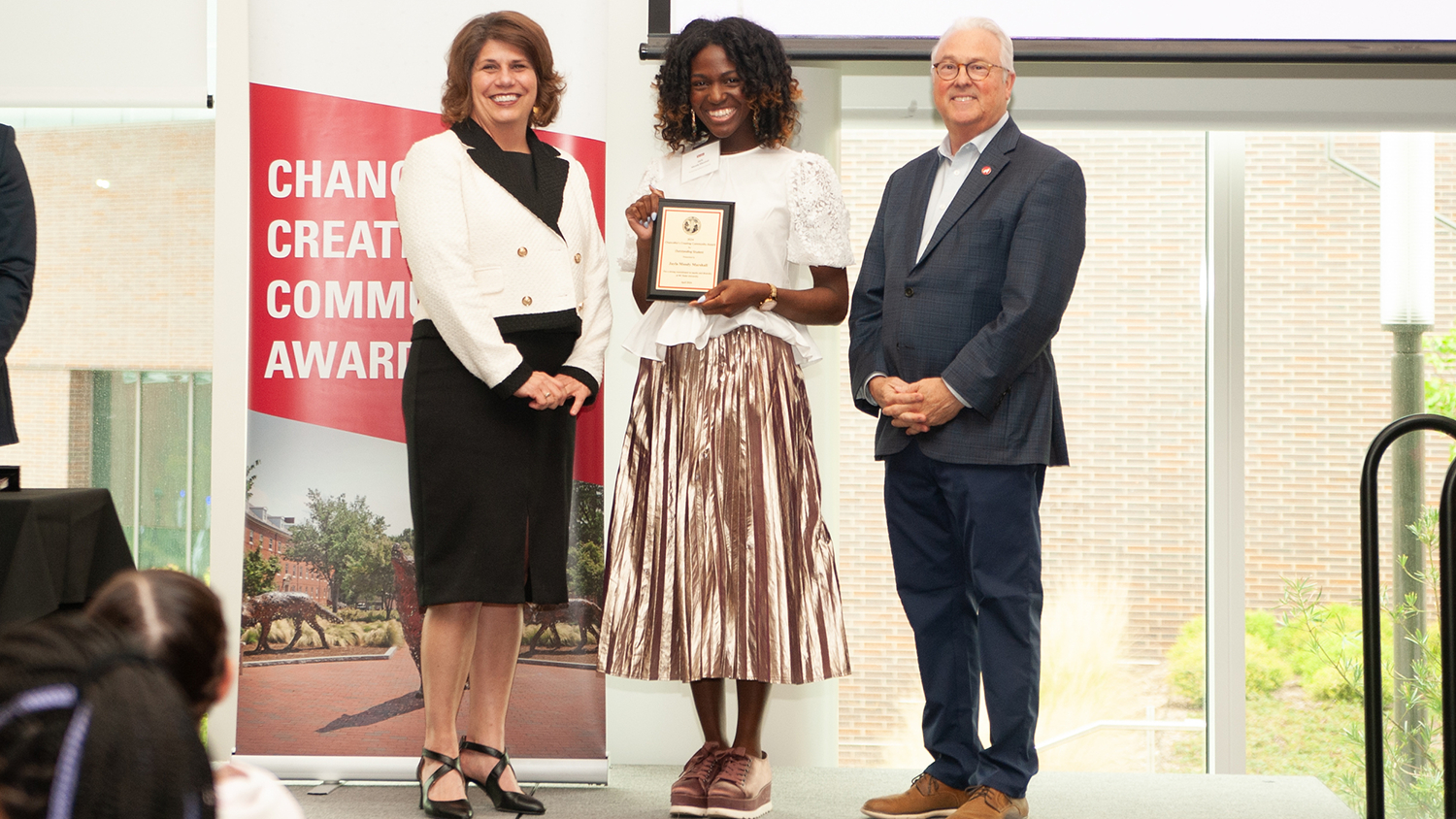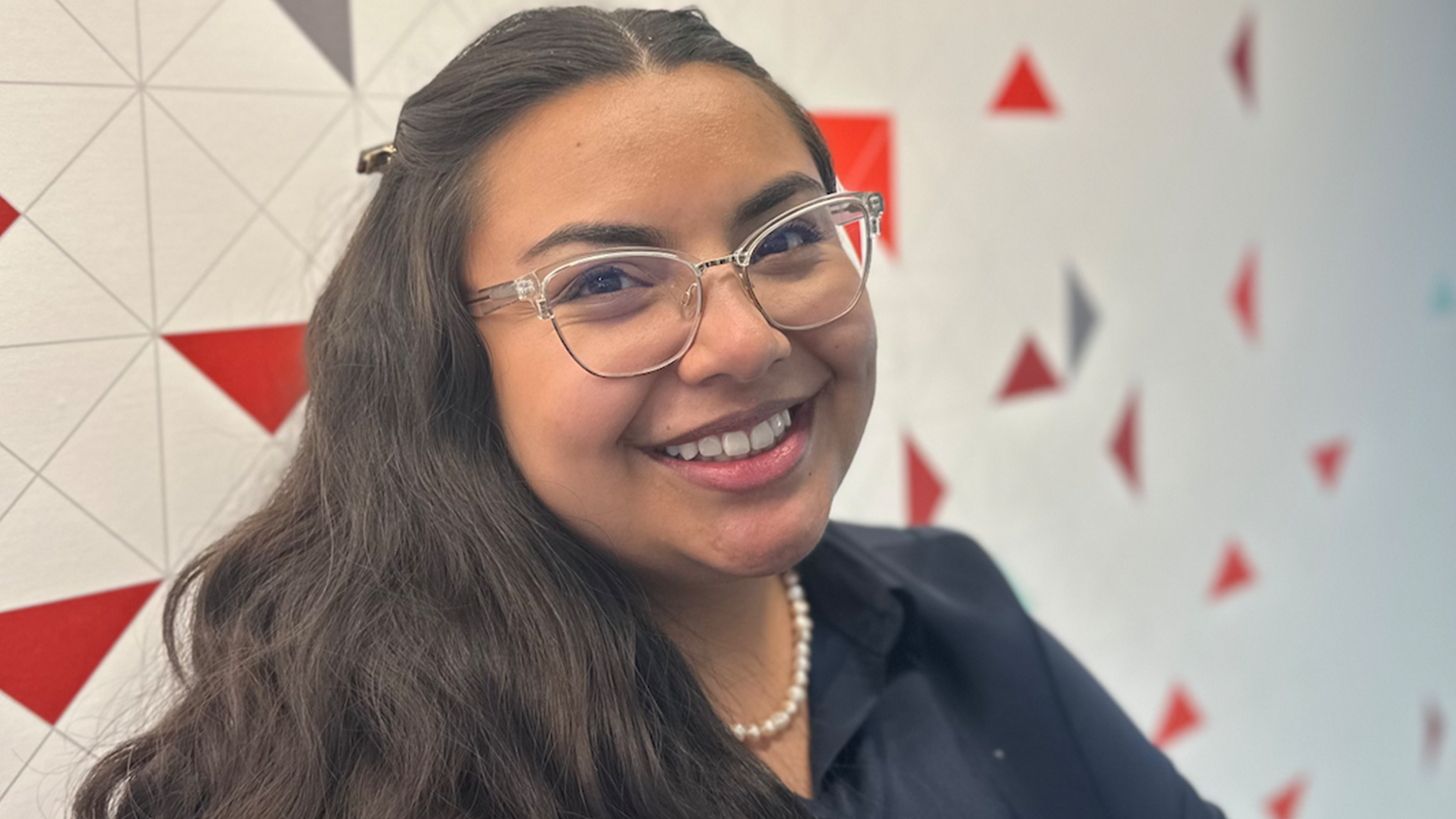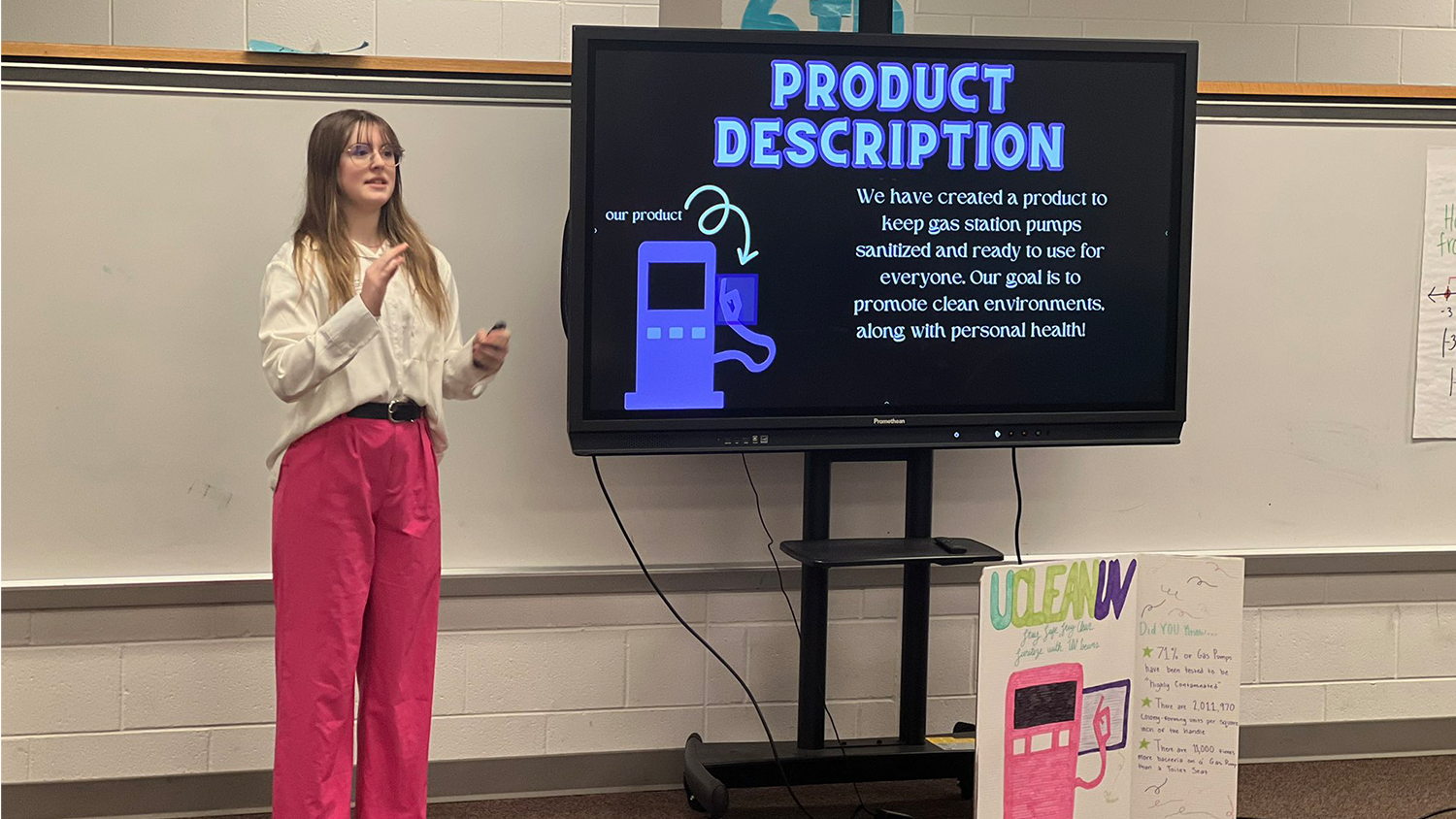Assistant Professor Lam Pham on the Importance of School Improvement: ‘I See Investments in These Schools as a Direct Way of Supporting Students Who Most Need Our Collective Attention and Resources’

As both a student and, eventually, a teacher at low-performing schools, NC State College of Education Assistant Professor Lam Pham saw first-hand the ways in which reforms and interventions can have an impact.
He was filled with questions about why school and district leaders chose particular reforms. So, after earning his Ph.D., he decided to center his research on the ways personnel policies affect students in low-performing schools, with a particular focus on policies aimed at building and maintaining an equitable distribution of diverse and effective teachers and principals in chronically low-performing schools.
Pham will share his research related to school turnaround efforts during the first session of the School Improvement: Effective Practices, Barriers and Practitioner Insights Town Hall Series, which is sponsored by the University of Delaware and the North Carolina Board of Education and will be held at NC State on Feb. 9. The event, which will also have an option for virtual attendance, will focus on what is currently known about effective school improvement.
Below, Pham shares what he will speak about during the event, the importance of addressing school turnaround and how he hopes his research can contribute to the field.
What initially interested you in focusing your research on issues related to school improvement?
I started my career in education as a teacher and then as an instructional coach in a Title 1 school undergoing state mandated reforms, and that experience continues to shape how I think about my research. I experienced first-hand many of the interventions that I now study, such as extending the school day and linking teacher pay bonuses with student achievement. I remember having so many questions about why the school and district leaders chose particular interventions and whether there was evidence those particular approaches really improved student outcomes. Now, I get to help answer some of those questions.
How do your personal experiences as both a student and a teacher at turnaround schools influence the way you approach your work in this area?
As a high school student, I attended a low-performing school undergoing state-mandated reforms, and I experienced the feeling of seeing almost all of my teachers replaced over the summer when the school began the turnaround process. Then, as a teacher, I again was part of a school where half the staff was replaced as the school began reforms. Both of these experiences remind me that there are real people experiencing these policies intended to improve student achievement. They remind me to keep students and educators at the forefront of my research. It’s not just about test scores or efficient use of resources. These interventions affect real people in complex ways, and my goal is to provide as much evidence as possible to uncover the many intended and unintended effects of school reforms.
What are some of the most pressing problems related to low-performing schools?
High rates of teacher turnover are one of the most pressing barriers to improvement in chronically low-performing schools. The research is pretty consistent in showing that low-performing schools tend to have high levels of overall turnover and especially turnover among the most effective teachers. Without extra resources and support to retain these educators, the lowest-performing schools tend to fall into a cycle of instability where attempts at improvement lose steam from year to year when a large proportion of the instructional staff leave. I think a widespread misconception about school reform is the idea that one-time investments will “fix” the problems, and they’ll stay fixed, when in fact, there are structural causes for low-performing schools that require any improvement strategy to begin with sustainability in mind.
Can you share some of the research you plan to share during the Town Hall event on Feb. 9?
I plan to share an overview of four major components of effective reform models that come up again and again in the research literature: leadership, human capital, school culture and improvement planning. Research points to aligned leadership at multiple levels of governance (state, district, school), commitment to recruiting and retaining effective staff, investing staff in a cohesive culture of improvement, and data-driven planning as key active ingredients to effective school reforms.
How do you hope your research will help contribute to the creation of more equitable school experiences for all students?
I think research focused on supporting chronically low-performing schools is inherently aligned with the goal of creating more equitable educational opportunities for all students. Chronically low-performing schools tend to serve low-income and minoritized communities, and part of my investment in this area of research is because I see investments in these schools as a direct way of supporting students who most need our collective attention and resources.
I hope that my research contributes evidence to a conversation around the systemic reasons that lead to low levels of student achievement year after year in these schools. Although my results tend to suggest that investments in schools are insufficient (there needs to be broad investments throughout the local community around the school), the school-based factors that have any chance of moving the needle require substantial resource investments over many years. When I share my research with policymakers, one conclusion that I come to again and again is that these schools serve our most vulnerable students and therefore deserve the strongest commitments we can make to supporting them.
How do you hope your participation in the Emerging Education Policy Scholars (EEPS) cohort will further this goal?
One area where I’m always pushing myself is finding ways to hear from the communities that I study. I find that one of the pitfalls for studying schools serving highly vulnerable students is to forget that my perspective on what is “effective” schooling may be completely different from theirs. As part of EEPS, I hope to learn how my colleagues have built relationships with the schools and communities they study. How do they share results in a way that is accessible? How do they incorporate what they hear from these communities into their research products? What do they do when there is dissonance between what they find and what the community is telling them? I hope that the EEPS community will help expand my thinking in these areas, so that I can genuinely say that my research supports what students really need.
Can you share any projects you are currently working on?
I am pretty excited about starting a new partnership with Charlotte-Mecklenburg Schools, where I am working with district authorities to study and implement a new school improvement model. This will be my first opportunity to be on the ground from the very beginning as a large district plans its approach to reform. I am excited for this partnership because I think it will yield important insights to illuminate what district leaders think about and need when they initiate a new school improvement strategy.
- Categories:


